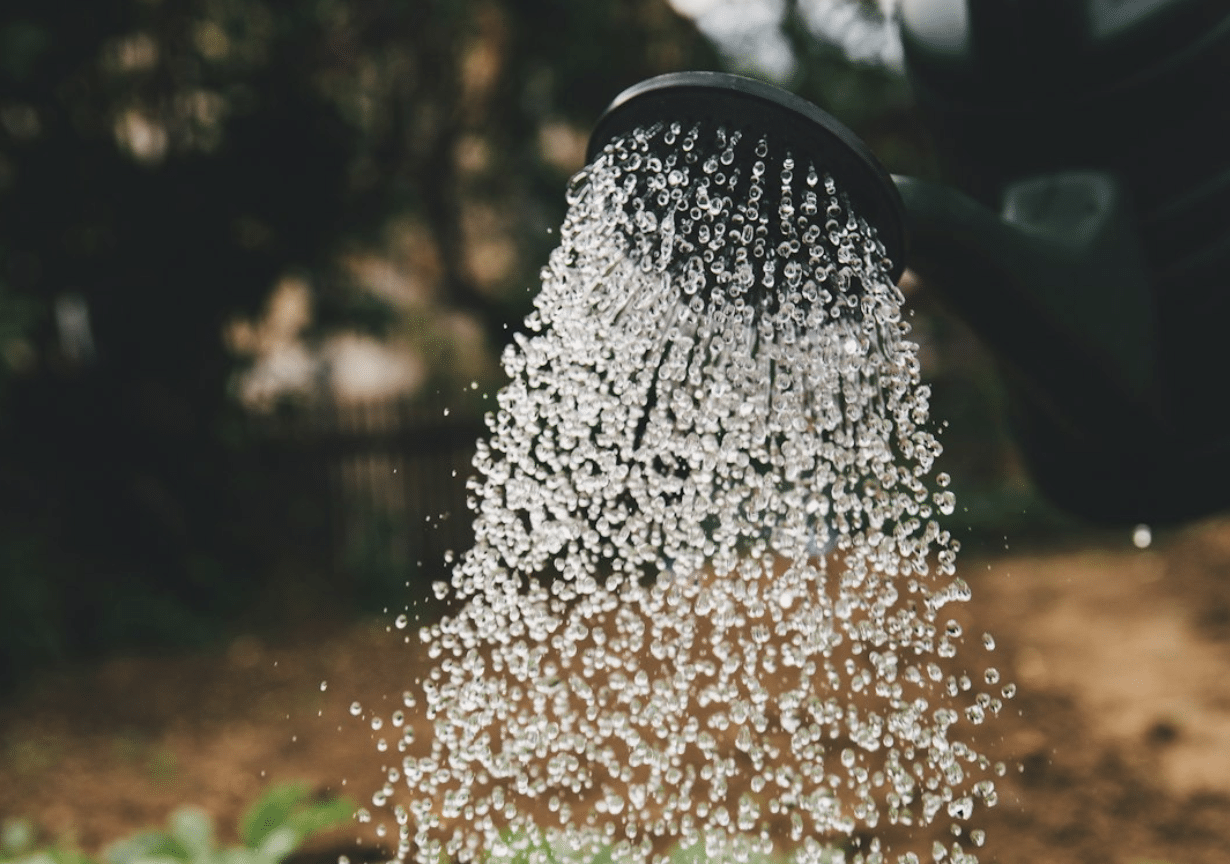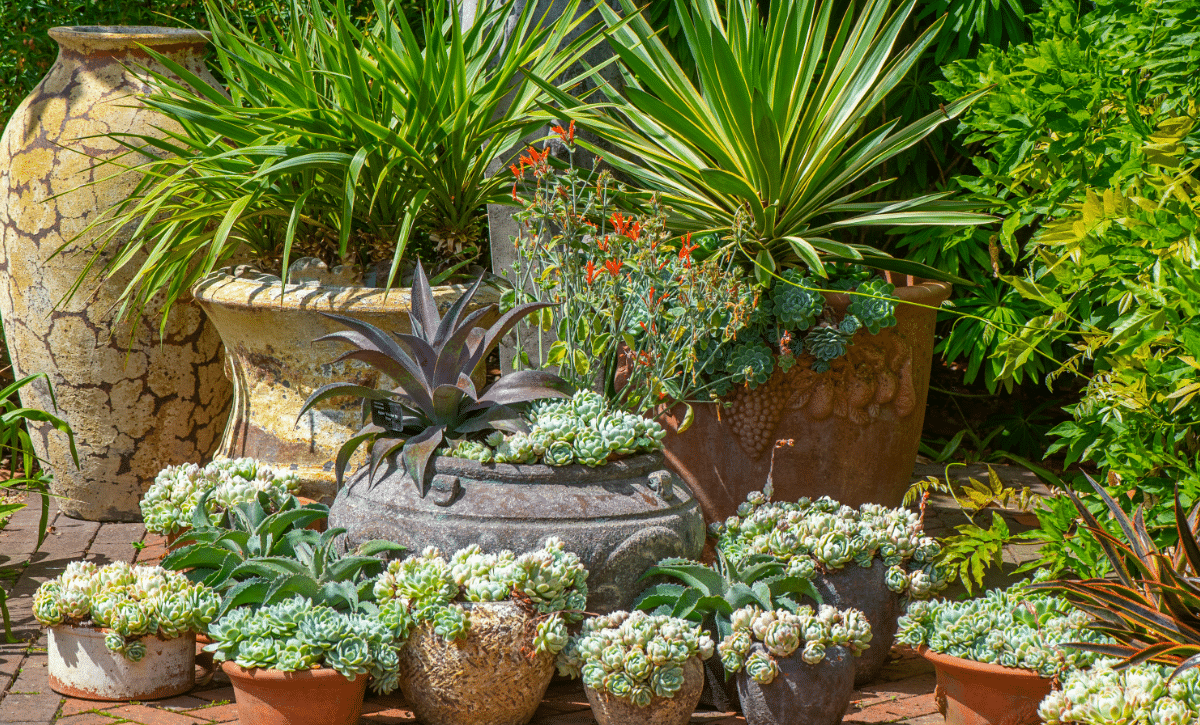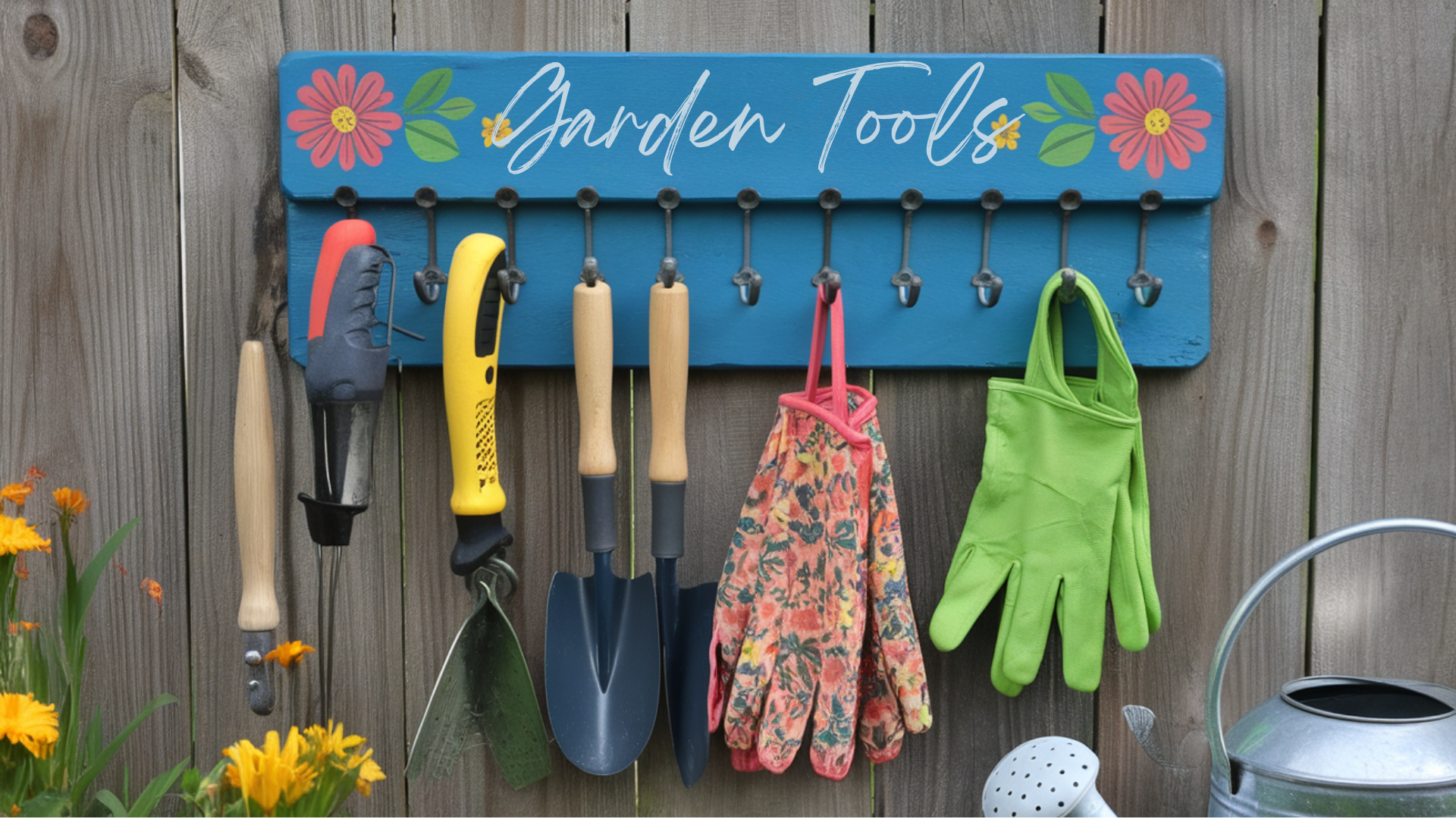4 Natural Ways to Improve Your Garden’s Health and Appearance
We care about our gardens. The average American household spends just over $600 on lawn and gardening activities every year. If you want to avoid chemical roulette with your garden, hoping your plants survive the onslaught of commercial fertilizers, it’s time to get back to nature!
Nurturing your garden the old-fashioned way is easy with a few natural gardening hacks that boost health and jazz up the appearance without breaking the bank or harming the environment.
Tip 1: Add some organic garden straw mulch into the mix
Whether you’re looking to spruce up your flower beds or protect your veggies from unruly weeds, organic straw for your garden is a great option. Spread it around your plants as a mulch, and you’ve got yourself a moisture-retaining, temperature-regulating, weed-suppressing shield that’ll have your garden thriving in no time.
Not only does organic garden straw mulch work wonders above ground, but it’s also a champ below the surface. Incorporate it into your soil, and you’ll be amazed at the improvement in structure and water retention. Plus, it’s a natural source of nutrients, so as it decomposes, it’s like a slow-release fertilizer for your precious plants.
With organic garden straw mulch, you’re not introducing any harmful chemicals into your garden ecosystem: no pesticides, no herbicides, just pure, natural goodness. Plus, by opting for organic mulch, you support sustainable agricultural practices and reduce chemical runoff into water sources.
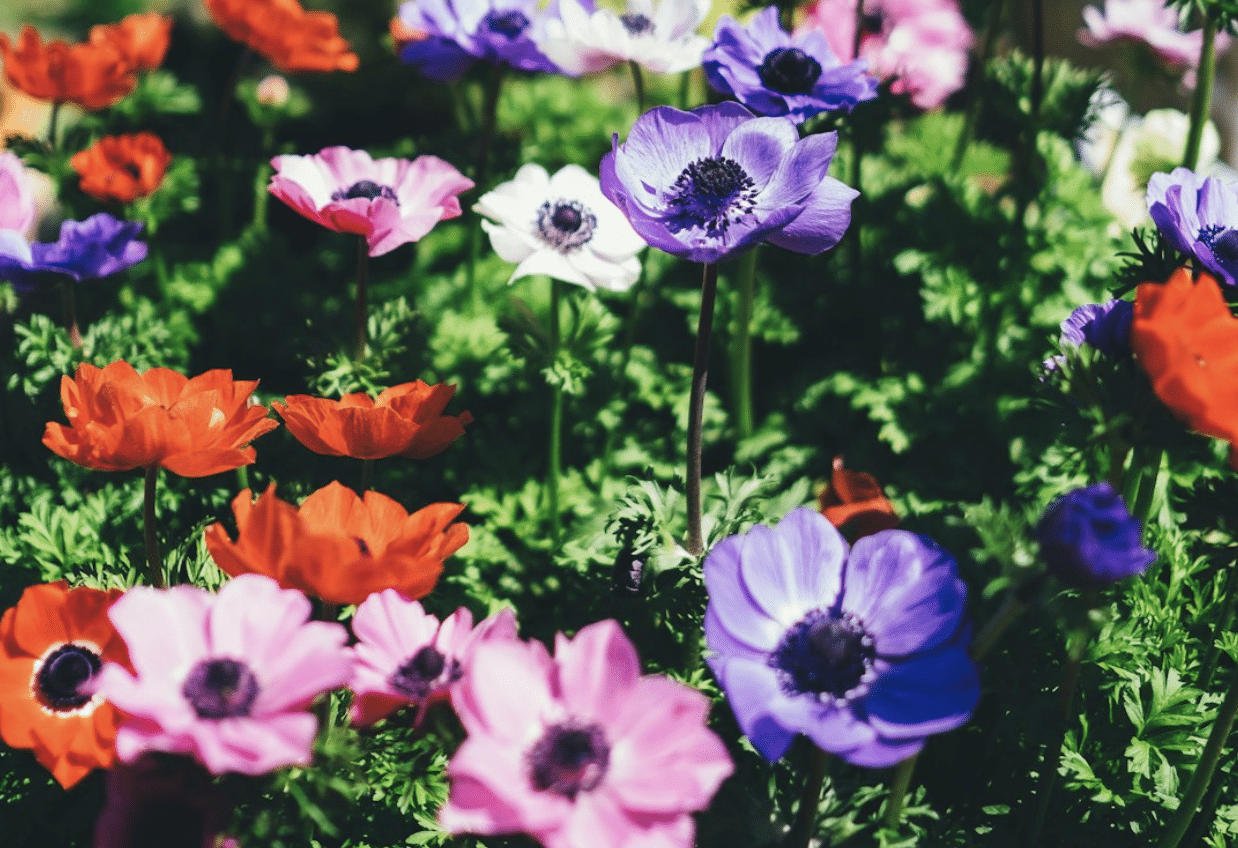
Image credit: Annie Spratt
Tip 2: Give plants and trees a natural boost without harsh chemicals
Your plants and fruit trees can benefit from some everyday items you probably already have lying around the house. Some of our favorites include:
Wood Ash
Got a fireplace or wood stove? Don’t toss those ashes just yet! Wood ash is a treasure trove of nutrients, especially when dealing with acidic soil. Test a sample of soil from your garden beds first to see if it could benefit from a sprinkle of wood ash. Once you get the green light, add it to your soil for a pH-balancing, nutrient-rich treat.
Bananas
Before you throw those banana peels into the compost bin, give them a second life in your garden. Chop them up and bury them in the soil around tomatoes, rose bushes, or green pepper plants. The potash and phosphorus in banana peels will boost your plants’ growth, helping them get stronger and healthier.
Compost Tea
If you have a compost pile, you’re already halfway there! Brew some compost tea to give your plants a potent dose of beneficial microorganisms. This liquid gold will supercharge your plants’ vibrancy, making them the envy of the neighborhood.
Club Soda
Believe it or not, that fizzy drink in your fridge can do more than just quench your thirst – it can also nourish your plants! Carbonated water is packed with macronutrients like carbon, oxygen, phosphorus, potassium, and more, all of which are essential for healthy plant growth. So next time you reach for a refreshing sip of club soda, consider sharing some with your leafy friends, too.

Image credit: Robin Wersich
Tip 3: Add pruning to your task list
Pruning wears two hats – it’s both a preventive measure and a growth booster. On the preventive side, pruning is like a plant doctor, removing dead, damaged, or diseased stems that could be sapping your plant’s vitality or inviting trouble in the form of pests and diseases. By nipping these problems in the bud, you’re keeping your garden looking pretty and safeguarding its long-term health and vigor.
It’s also about making room for the good stuff. When you prune, you’re essentially giving your plant a little pep talk, redirecting its energy towards creating fresh, new growth. This burst of growth can work wonders for fruit-bearing and flowering plants, boosting yield and enhancing bloom in the process.
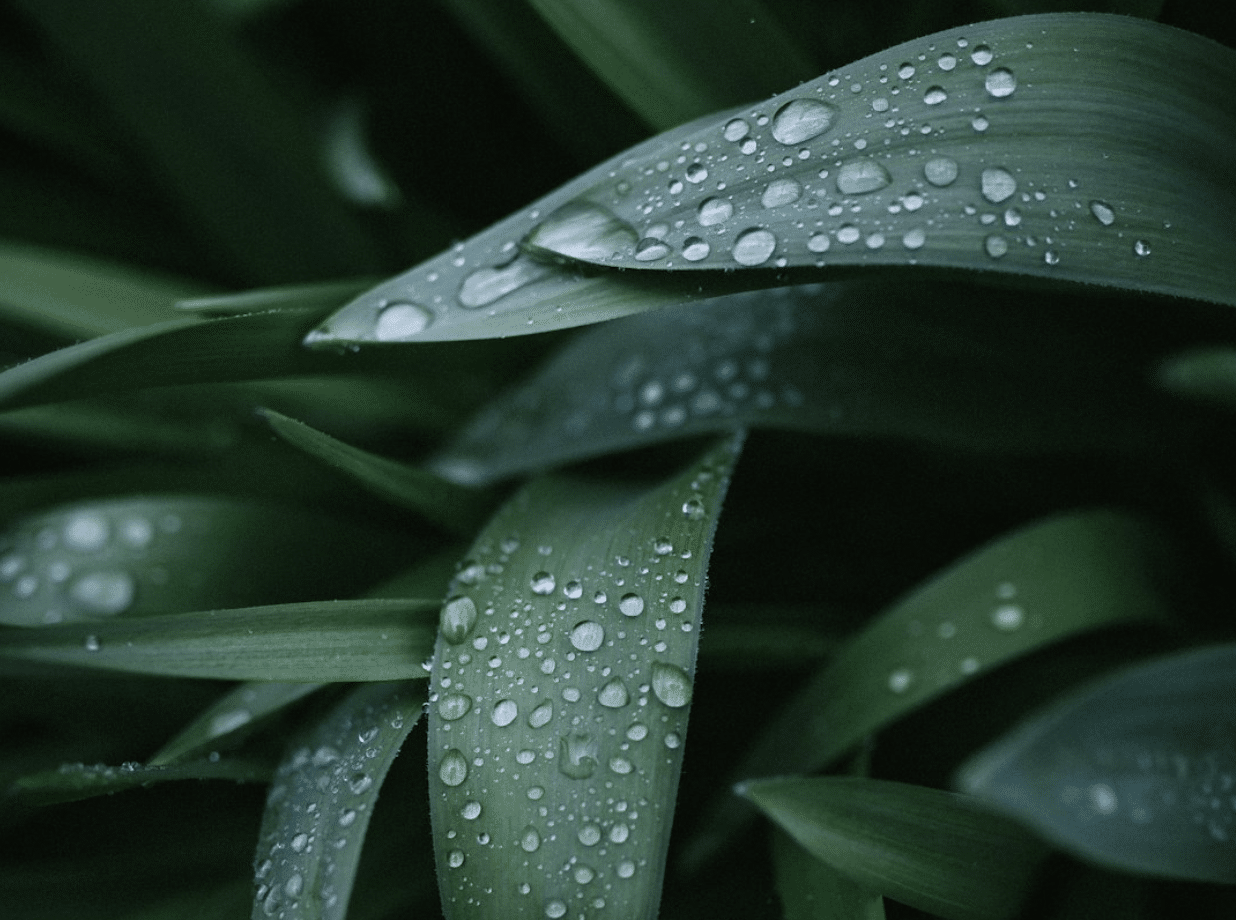
Image credit: Marc Zimmer
Tip 4: Start collecting rainwater
When you harvest rainwater, you’re saving on your water bill and providing your plants with a pure, natural source of hydration. Unlike chlorinated tap water, rainwater is gentle on your plants’ roots, keeping them happy and healthy without any shock. Plus, rainwater tends to be lukewarm, which further minimizes stress on your plants, especially during those chilly winter months.
By collecting rainwater, you’re also doing your part to conserve water and reduce your environmental footprint. Instead of relying on finite water resources, you’re harnessing the power of nature to sustain your garden – and that’s something to feel good about.
You can install a rainwater collecting system in your garden and watch the savings roll in. Use a connector kit to combine multiple barrels, maximizing your rainwater storage capacity and ensuring you never run dry. With a little effort up front, you’ll be rewarded with a bountiful supply of pure, natural water for your garden.
Looking to Increase Your Garden Area?
The friendly and knowledgeable team at A House in the Hills will help you find the perfect home and garden. If you’re ready to embrace a more relaxed way of life, our collection of homes in beautiful and peaceful environments will keep you surrounded by nature without sacrificing the comforts of modern living.

